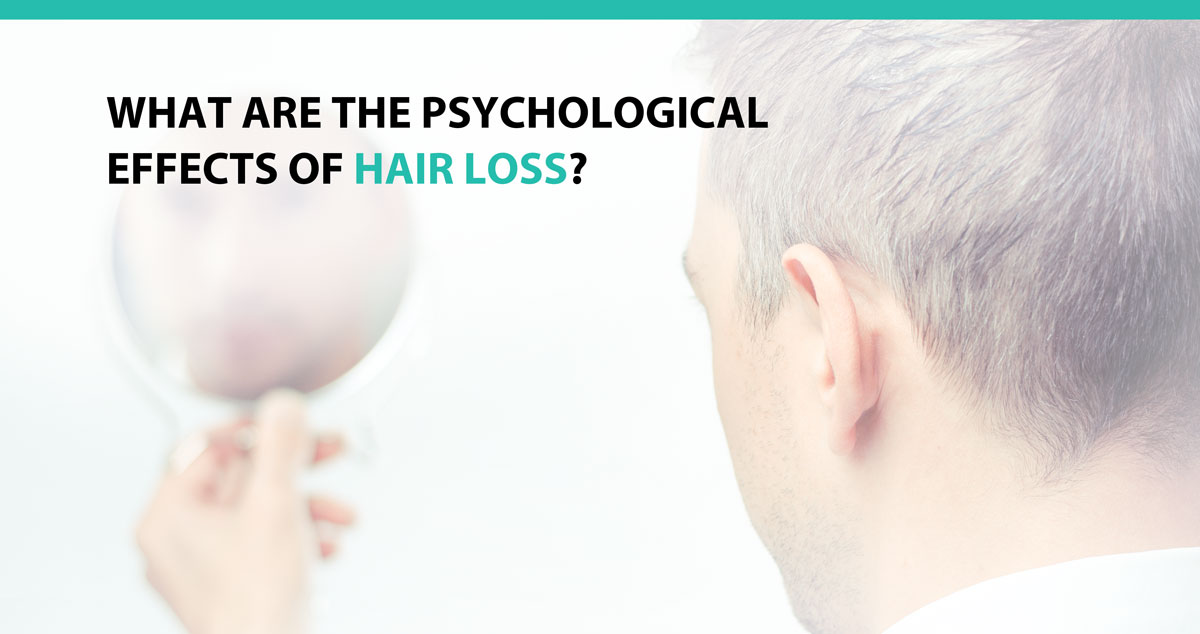
Statistics show that over 60% of men with hereditary male pattern baldness will lose some hair by age 35. Around 25% will undergo hair thinning in their 20s. Although some accept this development, it’s a source of discomfort for others. Because your head is a prominent part of the body, you’ll feel increased self-awareness every time others look at it.
How Hair Loss Affects Your Mental Wellbeing
Hair loss negatively affects your self-esteem and changes your appearance. This situation complicates your personal and professional pursuits. It may become harder to give speeches, make presentations before investors, and engage in similar public activities. Because hair loss could be a sign of low testosterone, you might also have concerns about your sexual performance. As a result, you’re likely to suffer some or all of these psychological conditions:
- Anxiety
Excessive worry about your hair loss may increase tension, affect your concentration, and cause phobias. If you’re afraid of participating in public or social events, it may harm your career prospects as well. Other features of anxiety include restlessness, irritability, and a feeling of mental blankness. Continued isolation only worsens the condition.
Anxiety also has physical manifestations. Examples are headaches, sweating, dizziness, heart palpitations, stomach upsets, muscle tension, and insomnia. Without a proper diagnosis, you might mistake them for symptoms of another physical illness.
- Depression
This condition causes overwhelming sadness and a lack of interest in personal and professional activities you once enjoyed. Other than sleep deprivation, you’ll also experience a loss of energy. It becomes hard to get out of bed, shower, prepare meals, and perform other simple tasks.
Depression also causes indecisiveness, lack of concentration, and memory issues, which affect your productivity. You’re more likely to turn to alcohol, prescription pills, and other drugs for comfort. Substance abuse can increase recklessness.
- Stress
Stress can be both a cause and a result of hair loss. Telogen effluvium occurs when stressful situations cause your hair follicles to enter a resting phase. After some months, they’ll start falling out during routine grooming. Other stress-related types of hair loss are trichotillomania and alopecia areata.
Apart from unexplained hair shedding, other symptoms are headaches, low energy levels, erratic sleep patterns, low libido, appetite changes, and sweating. Prolonged stress leads to other mental issues such as depression, personality disorders, and anxiety.
How to Deal with Psychological Effects of Hair Loss
These three treatment methods work:
- Psychotherapy
A qualified mental health professional will diagnose your condition and try to get to its root cause. Did it start due to your hair loss, or are there other triggers? Examples of treatment methods are cognitive behavioral therapy, dialectical behavior therapy, and exposure therapy.
- Medication
Effective treatment for psychological problems consists of a combination of therapy and medication. Medication can also treat male pattern baldness to some extent. Options include prescription drugs such as Finasteride and non-prescription ones such as Minoxidil.
- Hair Restoration Surgery
FUT and FUE are the two main hair transplant procedures depending on the extent of your hair loss. If done by a renowned expert such as Dr. Williams, your scalp will have a natural-looking hairline and hair volume within months.
A hair transplant is arguably the most effective of the three. It treats your hair loss and manages the resultant psychological effects. Once you have a full head of hair, you’ll experience a positive change in physical appearance and mental wellbeing. You’ll no longer have low self-esteem, stress, anxiety, and depression.
At the Advanced Medical Hair Institute, we solve the most challenging issues to the highest industry standards. Dr. Joseph Williams utilizes his vast experience, advanced skills, and the latest technology to guarantee the most natural results. Our staff undergoes regular training while keeping up with the latest trends. Please schedule a consultation today to receive practical solutions to your hair problems.










